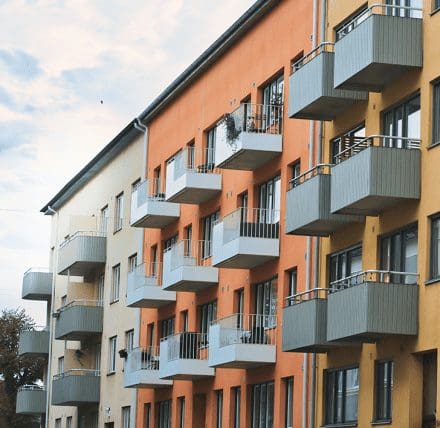


Coronavirus (Scotland) Act 2020 - further changes to Notice Periods before applying for eviction
INSIGHTS
An overview of the recent changes to the timescales required in issuing Notices of Proceedings for Scottish Secure Tenancies and Short Scottish Secure Tenancies in terms of the emergency Coronavirus legislation.
Coronavirus (Scotland) Act 2020
The 2020 Act amended the applicable notice periods for all types of tenancy available in Scotland before a landlord can apply to the court for an eviction order. This was in force until 2 October 2020. Notices prior to this required four weeks’ notice.
For notices served between 7 April 2020 and 2 October 2020, notice periods for all grounds, including rent arrears, were increased to 6 months, apart from some limited exceptions:
3 months
- Grounds 2 (criminal conviction)
- Ground 6 (false statement to obtain the tenancy)
- Ground 7 (antisocial behaviour)
- Ground 8 (antisocial behaviour; tenant required to move to another property)
4 weeks
- Ground 5 (absence from the property):
Where Ground 1 (arrears of rent) is included as a ground, the relevant period remains 6 months, regardless of what other grounds are included.
Coronavirus (Scotland) Act 2020 (Eviction from Dwelling-houses) (Notice Periods) Modification Regulations 2020
The majority of grounds will remain as they are, but for notices served on or after 3 October 2020, the notice period has reduced to four weeks for the following grounds:
- Ground 2 (criminal conviction)
- Ground 5 (absence from the property)
- Ground 7 (antisocial behaviour)
- Ground 8 (antisocial behaviour; tenant required to move to another property)
Where Ground 1 (arrears of rent) is included as a ground, the relevant period remains 6 months, regardless of what other grounds are included.
Ground 6 is now the only ground with a three-month notice period.
Short Scottish Secure Tenancies
The new regulations do not alter the notice periods that have been in place since 7 April 2020 and therefore these remain:
- 2 months if the tenancy was created due to antisocial behaviour
- 6 months for all other SSSTs that have come to the end of their lease
Court action for eviction
Most sheriff courts are now accepting new actions for eviction for warranting. We are not yet aware of how such cases will be progressed, but remote hearings via teleconference are likely for procedural hearings. Proofs may be allocated as socially distant hearings in court, or may call via video conferencing.
We expect that the court will require to be addressed specifically in relation to additional measures put in place by landlords when considering reasonableness.
Comment
It is anticipated that the provisions in relation to reducing the notice period for antisocial behaviour cases will be particularly welcomed by landlords. It has been challenging dealing with an increase in antisocial behaviour during lockdown, with tenants behaving badly causing distress to neighbouring residents and landlords’ ability to deal with such behaviour being significantly hindered by the long notice periods and the reduction in court business. The inability to raise an action for eviction removed an effective tool for the protection of those residents being subjected to serious antisocial behaviour by their neighbours.
Get in touch
If you have any particular concerns regarding the notice periods applicable when applying for an eviction order, please contact a member of our team.
About the author
RELATED
CONTACT US
Call us for free on 0330 912 0294 or complete our online form below for legal advice or to arrange a call back.